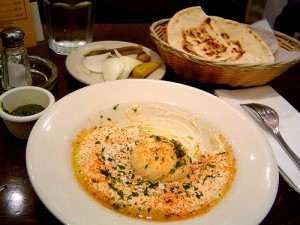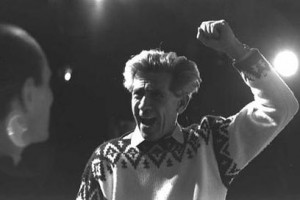My new column on being an Orthodox dove is up at the American Prospect:
The American Jewish filmmaker told me he was doing a documentary on possible answers to the Israeli-Palestinian conflict — one state or two — and human-rights issues. When he showed up at my Jerusalem apartment on a recent afternoon to interview me, he was wearing a beret. His wife and producer wore a maxi skirt; a scarf covered her hair. Their attire showed they were Orthodox Jews. Hers, in particular, fit the stereotyped look of the Israeli religious right, of settlers and their supporters, including some Jews abroad. I was surprised. Maybe, I thought, I was the token leftist interviewee in a project by settlement backers aimed at showing that there is no exit from the conflict and that Israel must hold the West Bank forever.
I was also painfully aware of an irony: My own skullcap identifies me, correctly, as an Orthodox Jew. Countless times, my appearance has also caused people to assume, incorrectly, that I belong to the religious right.








